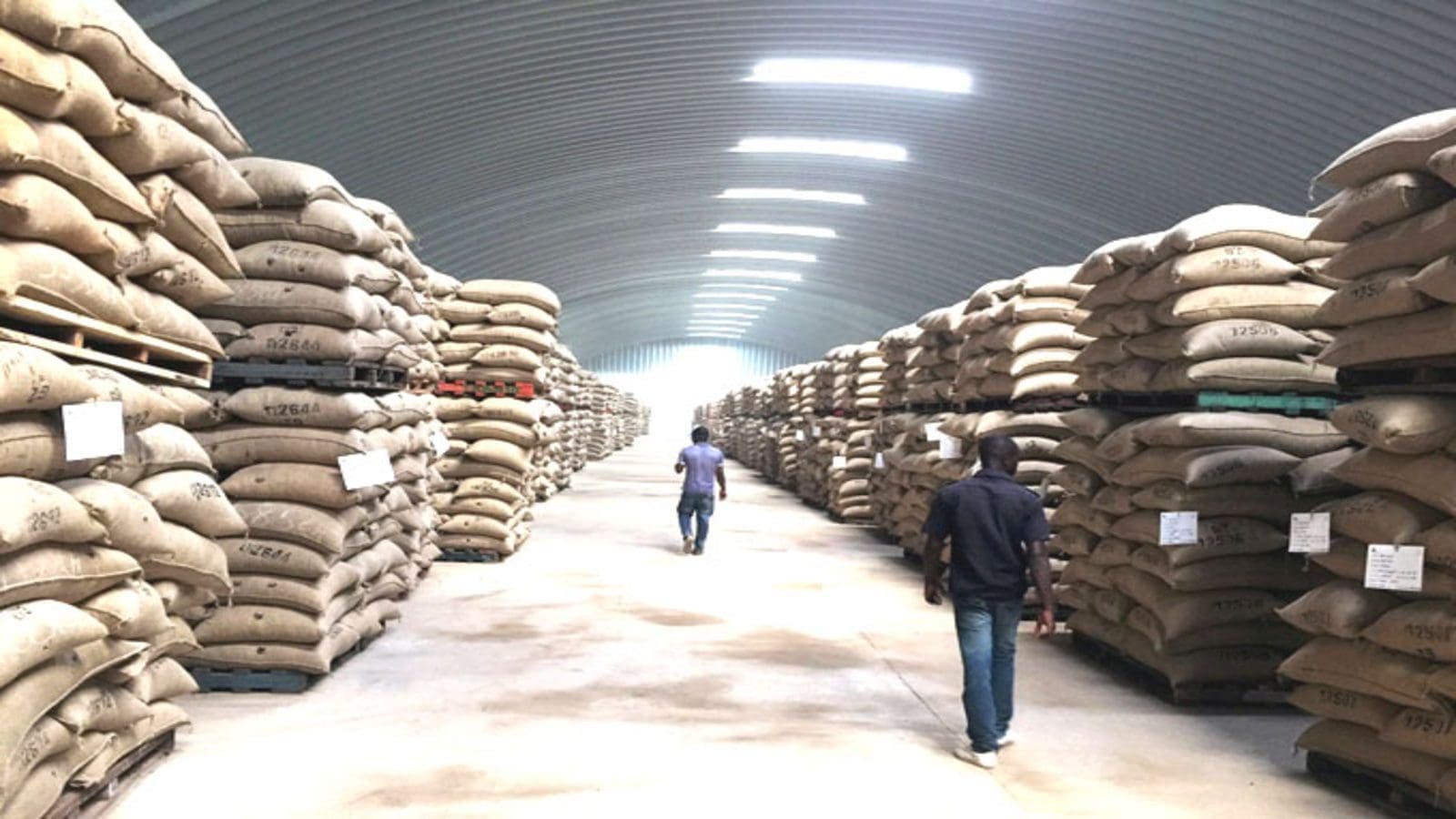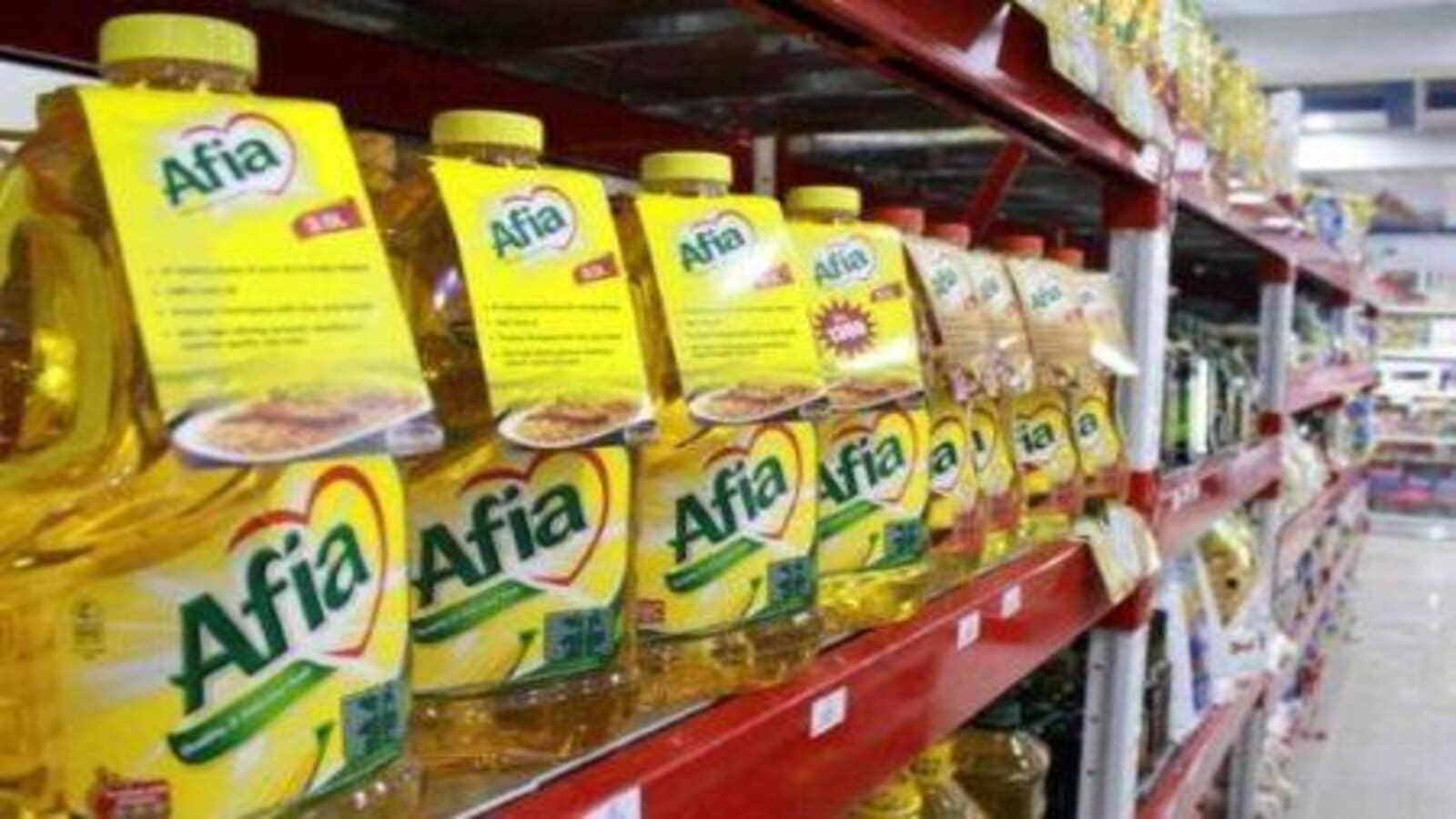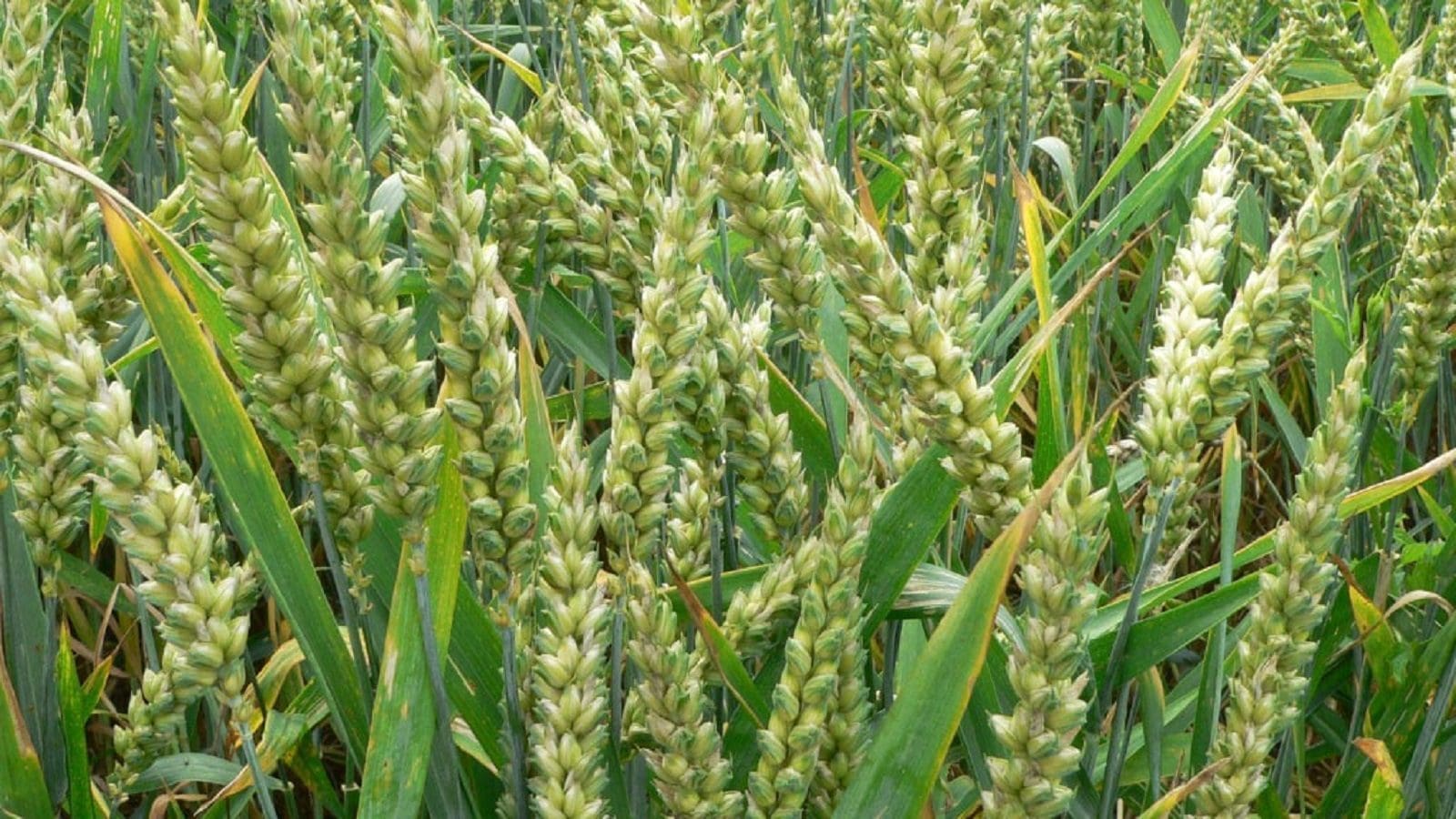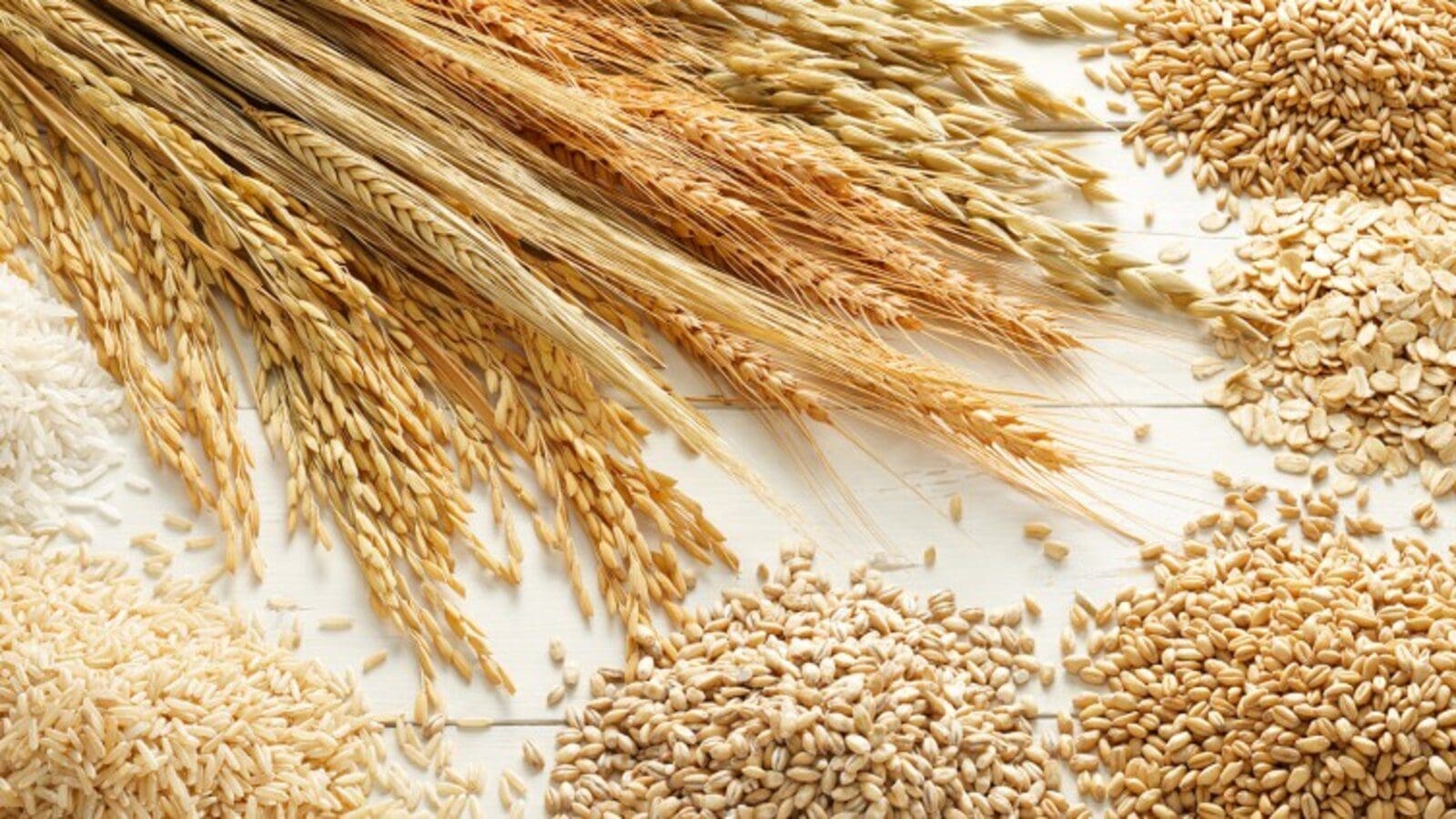KENYA – The government of Kenya plans to set aside KES 79.9 billion (US$ 600M) annually for the National Food Reserve to cushion against perennial food shortages in the country, Business Daily has reported.
The bill comes after the country has been grappling with an acute shortage of staple commodities linked to prolonged drought and high fertilizer prices which impacted local production and drove prices to new highs.
Mithika Linturi, the Agriculture Cabinet secretary unveiled regulations for a new National Strategic Reserve that will require it to have a minimum of 90,000 tonnes worth of food, held in form of a warehouse receipt, to cover three months of the nation’s maize consumption.
Maize is a staple commodity in Kenya with consumption hitting 12,750,000 bags. This means that, with the current price averaging at KES 6,247 per 90 kg bag, the government will need to stock up on food valued at KES 79.6 billion, an uphill task for a government that does not have the fiscal space.
Earlier, Parliament asked the government to allocate funds for the National Food Reserve noting that the 2023 Budget Policy Statement has no funds for the Reserve expected to be set up under the National Cereals and Produce Board (NCPB).
The reserve, if effected, will replace the one that was scraped by former Agriculture minister Peter Munya in 2019 and will operate like foreign exchange reserves that cover at least four months of Kenya’s import needs.
During the previous regime, the Uhuru Kenyatta government announced that it would no longer be buying stocks for relief but would instead embrace cash transfers to the affected households.
As a result, the National Cereals and Produce Board has not been buying maize since 2020 on behalf of the government for SFR. It has, however, been purchasing commercial maize for trading using internally generated funds.
However, the move didn’t bear fruit since data from the Ministry of Agriculture shows that a crippling drought has driven up to four million Kenyans into starvation, with the emergency stocks at Strategic Food Reserve having been depleted nearly four years ago.
A 10-member food balance committee to effect the proposal
Linturi, therefore, has proposed that a 10-member food balance committee to draft and determine the quantities of food to be stocked at the Strategic Reserve and advise on the supply, utilization, distribution, and intervention measures to improve the availability and affordability of maize.
The committee will also manage the digital food balance sheet, collect data and undertake market intelligence and price monitoring of scheduled agricultural produce as well as maize price stabilization.
According to the proposal, the committee’s chairperson shall possess a degree from a University recognized in Kenya and at least ten years of experience in matters related to food security.
Other members of the committee will also include the Principal Secretaries responsible for crop development, livestock production, fisheries, and the Kenya Meteorological Department.
In addition, the chairperson of the Board of Directors of the Kenya National Bureau of Statistics (KNBS), the chairperson of the Board of Directors of the Agriculture Sector Network, and the Managing Director of the Board shall be the secretary of the Committee.
For all the latest grains industry news from Africa, the Middle East and the World, subscribe to our weekly NEWSLETTERS, follow us on LinkedIn and subscribe to our YouTube channel.










